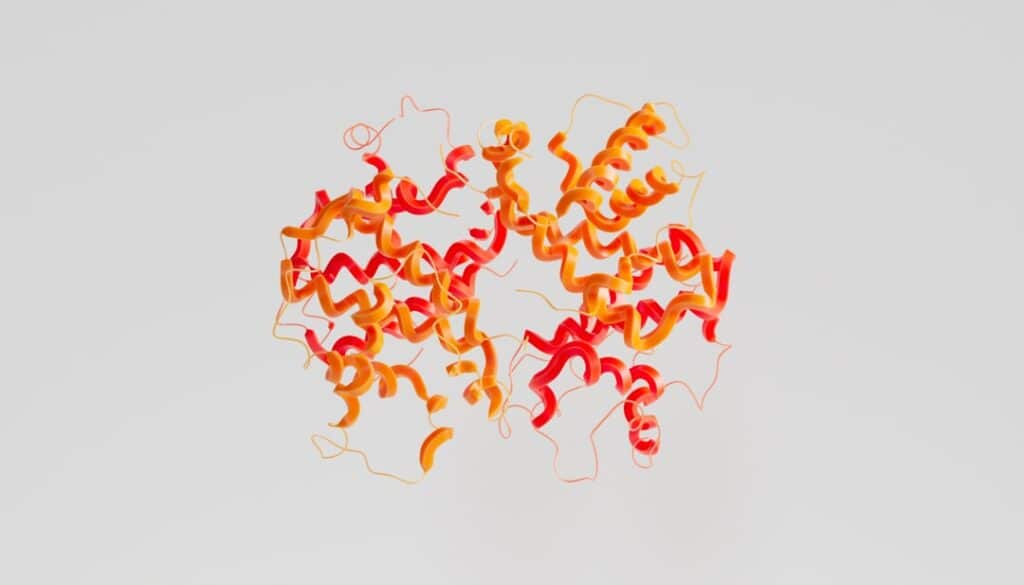Stress, especially in the time we now live in, is unavoidable and the detrimental impact of stress will be experienced by all of us at some point in our lives. The impact that stress has on our health, resiliency, and immune function has been firmly established in scientific and medical research. It is estimated that nearly 75-90% of the diseases prevalent in modern society today are connected to the stress mechanisms of our bodies being overtaxed long-term. This stress price tag should cause immense sticker shock! Chronic, unrelenting stress causes excess cortisol, the primary stress hormone to be secreted in our bodies. Chronic stress and excess cortisol deplete immune reserves, making us more susceptible to infections.
One of the most important interventions to reduce our risk for disease is to support our health from a body, mind, and spirit perspective, realizing that “everything affects everything”.
HEALTHY LIFESTYLE PRACTICES TO STRENGTHEN YOUR IMMUNE SYSTEM
STRESS REDUCTION MINDSET
In many ways, our perception of and our response to stressors is what determines the “stress price tag” our bodies will pay. The following practices can help reprogram our body, mind, and spirit to reduce the “stress price tag”:
- Spiritual Practices-prayer, meditation to focus your thoughts and find peace of mind
- Gratitude Journal-reframe negative thoughts and focus on those things you are grateful for.
- Mindfulness and living in the moment
- Relaxation techniques such as breathwork
NUTRITION & GUT HEALTH
Eating to reduce inflammation and balance your immune system (gut restoration) should be personalized for you by a trained nutrition professional for optimal results. Overall recommendations that form the foundation of a healthy eating plan for everyone are as follows:
- Eat a variety of brightly colored vegetables and fruits. Aim for 9-13 servings per day. Besides supplying us with a universe of vitamins, minerals, and antioxidants, these foods supply the necessary fiber to feed our gut microbiome and regulate our appetite.
- Avoid immune offenders such as excess sugar, refined carbohydrates, and highly processed foods. These foods increase unnecessary inflammation and insulin/glucose dysregulation.
- The above dietary practices will also serve to enhance our gut lining. A healthy gut barrier is the first line of defense for your immune system.
EXERCISE
Moderate, regular physical activity and movement boost our immune system by increasing levels of infection-fighting antibodies, increasing circulation, and decreasing stress hormones such as cortisol. General recommendations:
- Gentle moderate exercise. Aim for 20-30 minutes of walking per day if you are just starting to exercise.
- Yoga or Tai chi, these practices have been used for centuries to calm and focus the mind and strengthen the body.
- Include stretching and light resistance training for a balanced exercise program that will help to prevent injury and build muscle.
SLEEP & CIRCADIAN RHYTHM
Due to its restorative power, sleep has a tremendous influence on our immune function and inflammation regulatory signals. Quantity, quality, and consistency of sleep patterns are all important.
- Quantity-7-9 hours of sleep per night
- Consistent restorative sleep pattern arising with the sun
- Sleep Hygiene –no electronics 2 hours prior to bedtime, keep the bedroom cool and dark.
HEALTHY SOCIAL & EMOTIONAL CONNECTION
Positive social relationships are a critical part of our immune health. During this time of quarantine and social isolation, it is critical that we address this critical aspect of our immune health.
- Participate virtually with friends, family, local community events, or religious or spiritual groups.
- Maintain a sense of connection and purpose
- Counseling
- Support Groups
These practices will help you to balance your immune system and optimize nutrient reserves to empower your body and fight off disease.
Contact AustinMD Aesthetics & Wellness to discuss your Cedar Park functional medicine requirements.









